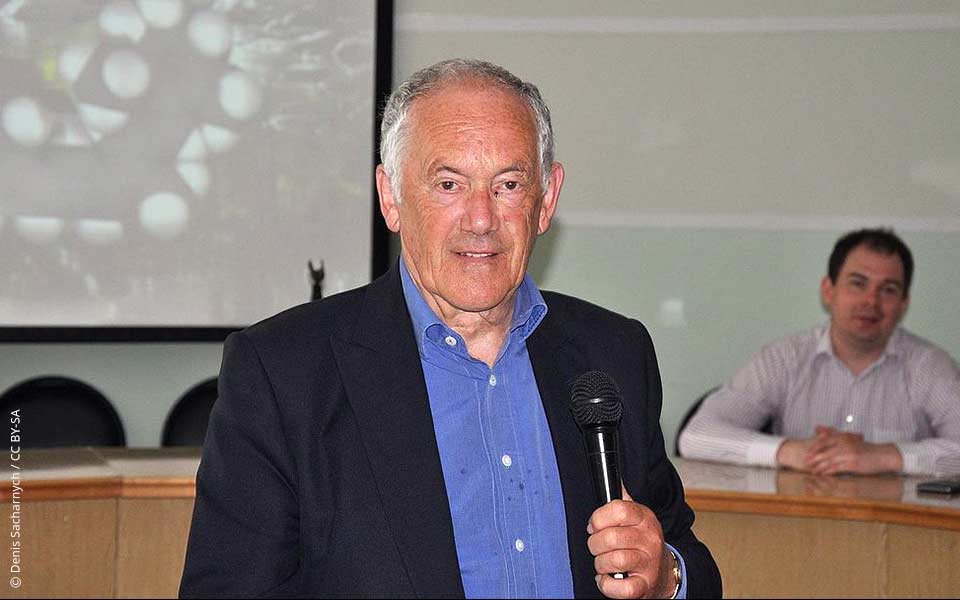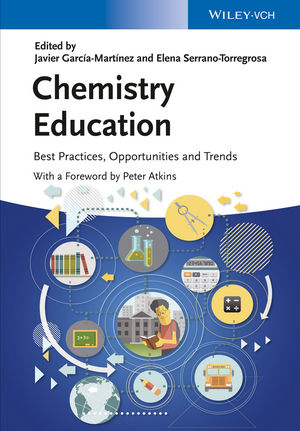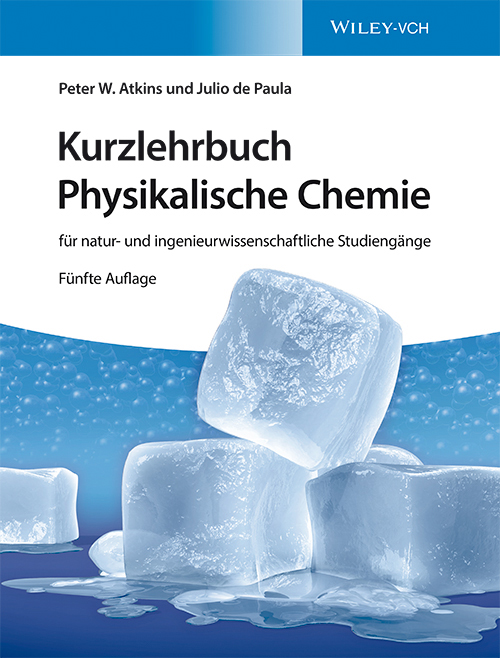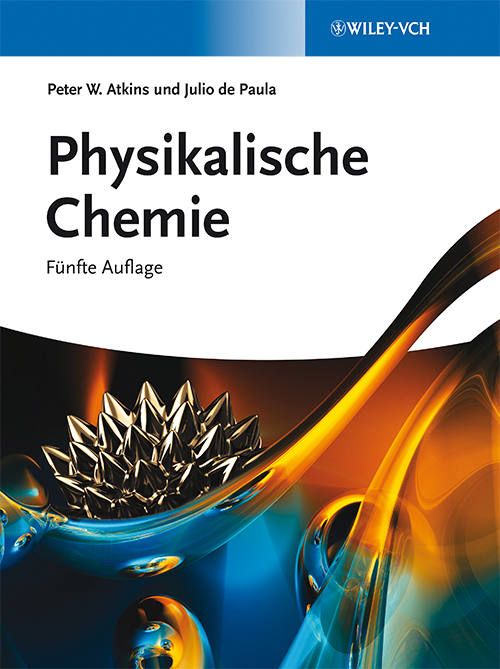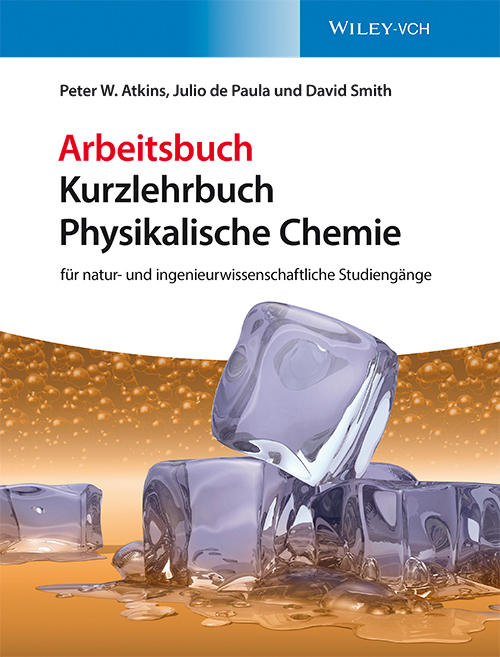Peter Atkins is an English chemist and a Fellow of Lincoln College at the University of Oxford. He is the author of internationally popular chemistry textbooks.
What is it about chemistry?
Why do so many students, having tasted it in high school, turn away from it with distaste and remember only the horror of their experience? Why, on the other hand, are other students immediately hooked on it and want it to lie at the core of their studies and subsequent careers? The issue is plainly important, for chemistry touches us all, like it or not, and everyone’s role in and interaction with society depends on at least an appreciation of what chemists and the chemical industry achieve, especially in the light of dangers to the environment that it presents and the extraordinary positive contribution it makes to everyday and ever-longer life. Moreover, those who turn their back on chemistry are closing their minds to its cultural contribution to understanding the nature of the world around them. Motivation is plainly important, and there is plenty of it lying around […]: if you seek motivation, then look around, for chemistry deepens our understanding of the natural world, be it through our natural environment or the artifacts of the industry. Once motivated, there is an obligation […] for that enthusiasm to be encouraged throughout life, not merely at the incubators of school and college.
Why does chemical education play such a pivotal role?
I think the essence of the difficulty of learning chemistry is the combination of the perceived abstraction of its concepts and the fact that (unlike so often in physics) there is such a tension between possible explanations that judgment is needed to arrive at the true explanation. The abstraction, of course, is perceived rather than real. We educated chemists all know that atoms and molecules are real, and we are confident about our reasoning about energy and entropy; however, the neophyte has no such confidence and needs to come to terms with the reality of the infrastructure of our explanations. A part of this volume (Javier García-Martínez, Elena Serrano-Torregrosa, Chemistry Education) is the exploration of how to convey our concepts in an accessible way, in part planting but also dispelling misconception, perhaps by using that powerful entry into the brain, visualization. Furthermore, there is the question of judgment: chemistry is, in fact, a multidimensional tug-of-war, with rival influences in perplexing competition. Is it ionization energy that should be dominant in an explanation or is it some other aspect of structure or bulk matter? How can the starting student learn to judge what is dominant and retain self-confidence?
How we practitioners of chemistry practice our profession
Pervading these problems is the perennial problem of problem-solving. How can this most inductive of activities be ingrained into the thinking of our students? […] It probably comes down to ceaseless demonstration of how we practitioners of chemistry practice our profession: a ceaseless Confucian exposure to the actions of masters in the hope that skill will emerge through observation and emulation. [A potential follow-up volume to this book might explore] the role of mathematics in science in a universe where confident deployment is in decline in many countries and is a source of worry to us all. Mathematics adds spine to otherwise jelly-like qualitative musings, enabling them to stand up to quantitative exploration and is absolutely central to the maintenance of chemistry as a part of the physical sciences. How can students be led from the qualitative into the quantitative, and how can they distil the meaning of, not merely derive, an equation? […]
From: Javier García-Martínez, Elena Serrano-Torregrosa, Chemistry Education, 9783527336050
Interesse an mehr?

Auf den Stufen des Lernens
In seinem Lehrbuch „Technische Mechanik“ erklärt der Autor, Prof. Stefan Hartmann von der TU Clausthal, wie Lernen in den MINT-Fächern funktioniert: Er geht von sechs Stufen des Lernens aus. Wer nur die erste oder zweite Stufe erreicht, sollte sich nicht zufrieden...

Wie bereite ich mich auf eine mündliche Prüfung vor?
Hier bist du gefragt: Wie bereite ich mich auf eine mündliche Prüfung vor? Für das Lernen gibt es leider kein Patentrezept. Daher haben wir persönliche Tipps von Studierenden gesammelt, die euch bei der Vorbereitung auf die nächste mündliche Prüfung helfen können. Wer...

Rapid Feedback Helps Students to Develop their Oral Presentation Skills
Professor David Shallcross at Melbourne School of Engineering, University of Melbourne, Australia, is enthusiastic about improving the educational experience for students and teachers. Here he talks to Dr. Vera Koester for ChemViews Magazine about his newly developed...

